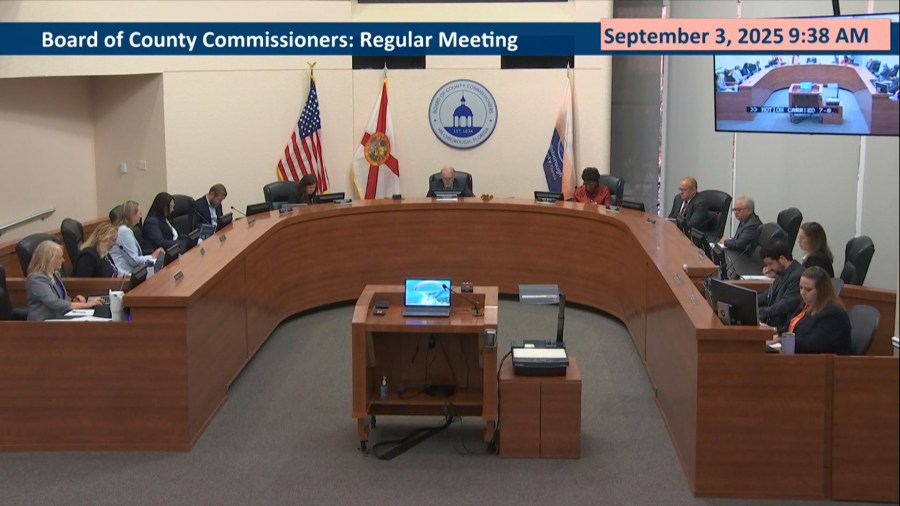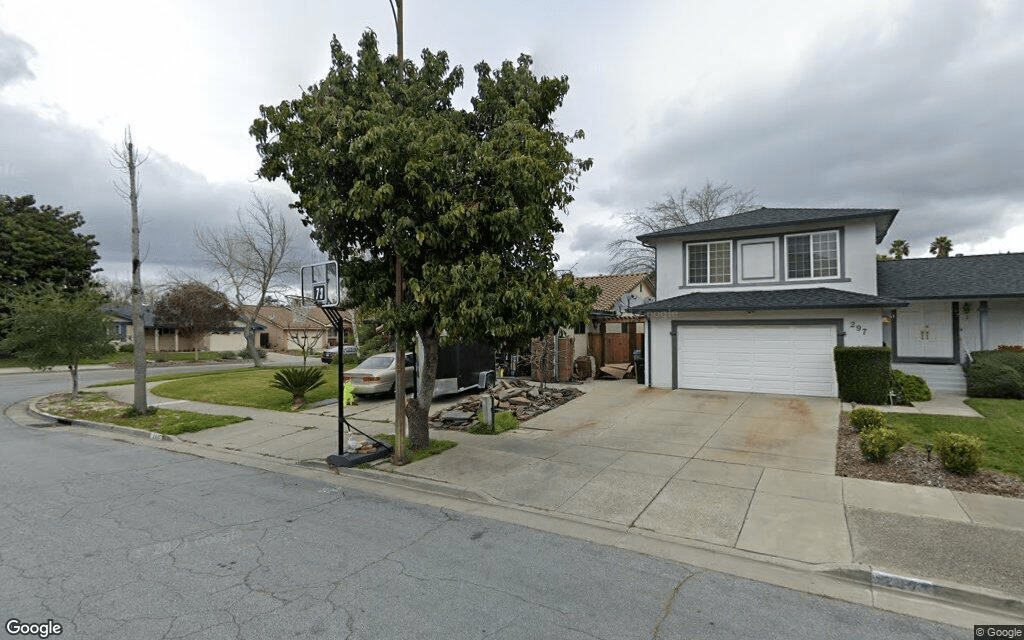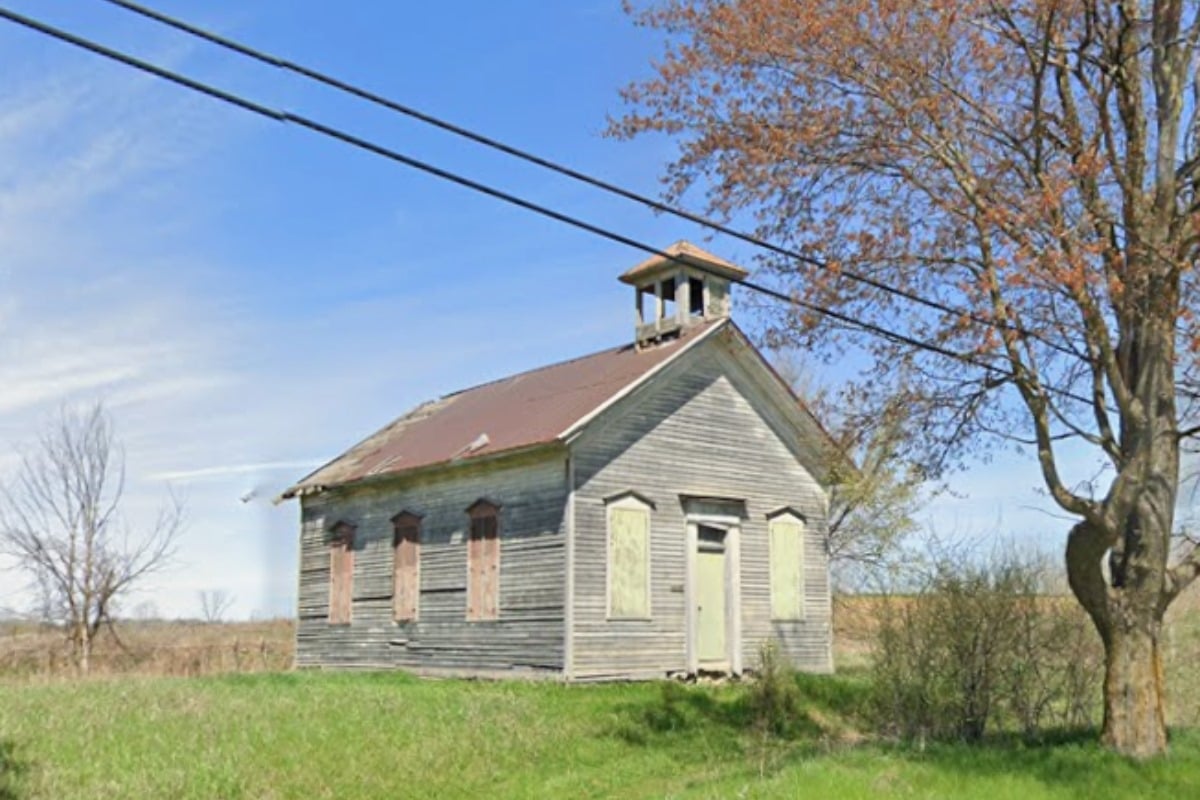UPDATE: A historic intersection in Harlem has been dedicated to civil rights icon Franklin H. Williams on his 108th birthday, with judges, political leaders, and community advocates coming together in a heartfelt ceremony. The event took place on October 22, 2025, at the corner of East 136th Street and Fifth Avenue, just outside the Riverton Housing Complex, a location significant to Williams’ legacy.
Williams, a pioneering civil rights attorney and diplomat, played a crucial role in dismantling segregation and advocating for justice. As a native New Yorker and graduate of Fordham University Law School, he served as assistant counsel to Thurgood Marshall and later became the NAACP’s West Coast regional director. His efforts led to landmark advancements in school desegregation and the fight against racial discrimination in jury selection, culminating in the 1986 U.S. Supreme Court decision in Batson v. Kentucky.
The dedication ceremony featured remarks from several notable figures, including Chief Judge Rowan D. Wilson of the New York Court of Appeals and former New York State Judicial Institute Dean Juanita Bing Newton, who emphasized the importance of keeping Williams’ story alive. “If you mention a person’s name, and keep their stories alive, then they will be a part of you forever,” said Joyce Hartsfield, the former executive director of the Franklin H. Williams Judicial Commission.
The intersection now bears Williams’ name, honoring not only his contributions to civil rights but also his commitment to diversity in the judiciary. The commission, established during his tenure, continues to study and address the treatment of minority groups in state courts, ensuring his legacy endures.
Riverton Housing Complex, where Williams resided for much of his life, was constructed in the 1940s in response to public outcry over the exclusionary policies of housing projects like Stuyvesant Town, which prohibited Black residents. This complex has also been home to other influential figures, including former New York City Mayor David Dinkins and U.S. District Court Judge Constance Baker Motley.
The dedication serves as a poignant reminder of the ongoing struggle for equality and justice. As the community honors Williams’ legacy, it sparks renewed conversations about racial equity and representation in the legal system, making it clear that his work remains relevant today.
As the details of this dedication continue to unfold, community members and leaders alike are encouraged to reflect on the progress made and the ongoing efforts needed to ensure justice for all. This ceremony marks not just a commemoration, but a call to action for future generations to continue the fight for civil rights.






